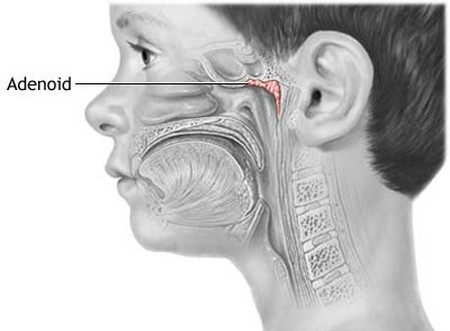Your sinuses are air-filled pockets located in the bones just under your nose. Mucus drains from the sinuses into your nose. When you have sinusitis, the lining of the facial sinuses swell because of a bacterial or viral infection. The infection is carried from the nose to the sinuses. Usually, sinusitis occurs after a cold. Sometimes, the infection results from a tooth abscess, severe facial injury, or contaminated water that travels up the nose when a swimmer leaps into water feet first without holding his or her nose.
When you have sinusitis, you may feel fullness or aches on either side of your nose or above your eyes, where the sinuses are located. You may also have a fever, a stuffy nose, a lack of a sense of smell and, sometimes, a nasal discharge due to the collection of pus in your sinuses.

How to Manage It
If you are prone to sinus infections, talk to your doctor before you get another one. Together, you can decide how you might adjust your asthma medications and treat your sinus infection. When you get a sinus infection, see your doctor. Your doctor will ask about your signs and symptoms, and you may have your sinuses x-rayed.
Some sinus infections are caused by viruses, and some are caused by bacteria. Antibiotics are prescribed for bacterial sinus infections but are useless against viral infections. However, it’s difficult to tell initially whether a sinus infection is caused by bacteria or a virus. The test that’s normally used to differentiate between the two types of infections, a culture, is very painful to perform on the sinuses, and so it’s not used that often. Your doctor, then, may advise you to wait a week or two to see if your symptoms clear up spontaneously. If they do, your infection is probably viral. If they don’t, your infection is probably bacterial, and you will need antibiotics.
One more note about antibiotics. It’s important to take them as prescribed and to finish all the medication. If you don’t follow your doctor’s directions to the letter, the bacteria may persist and can cause serious problems.
Prevention
You may be able to prevent sinus infections by preventing colds. Follow the cold-prevention steps as described above. You should also avoid swimming in contaminated water. The local public health department may be able to tell you whether a lake or other body of water is safe for swimming.
Neti pots and nasal irrigation can be very helpful. I would reco this before trying the latest pills and meds.
I would also look into procedures for improving air flow. Balloon sinuplasty is one and I believe there are others that open things up in there so lessen the chance of congestion.
Best,
HB